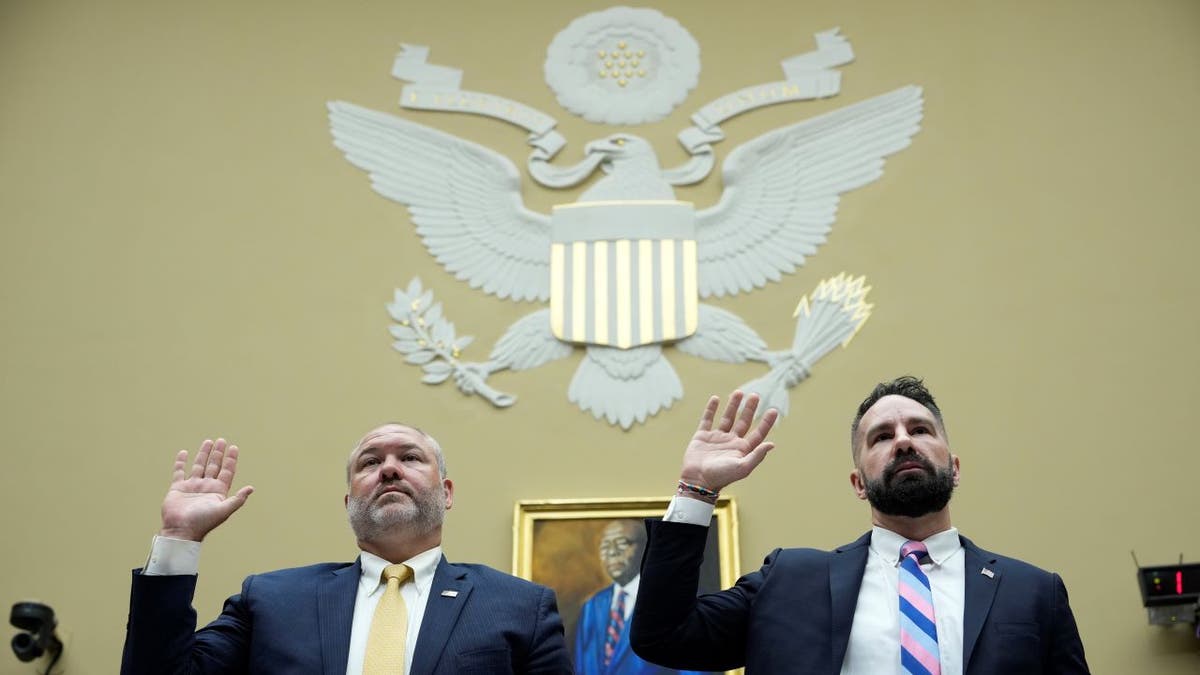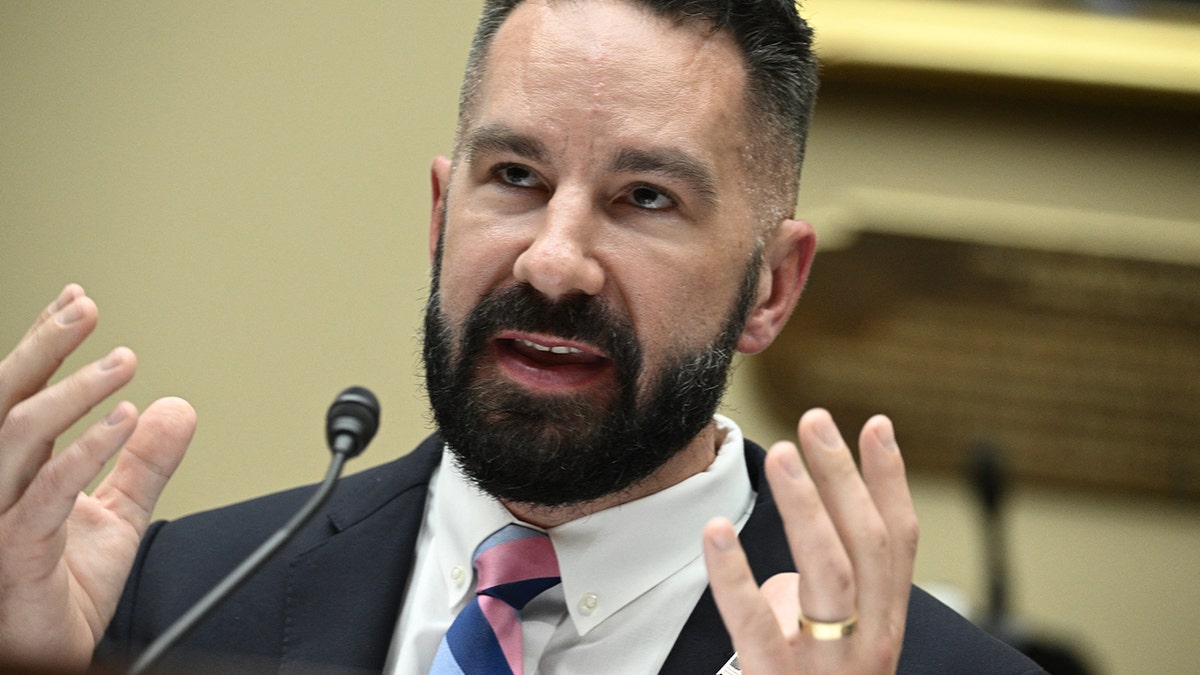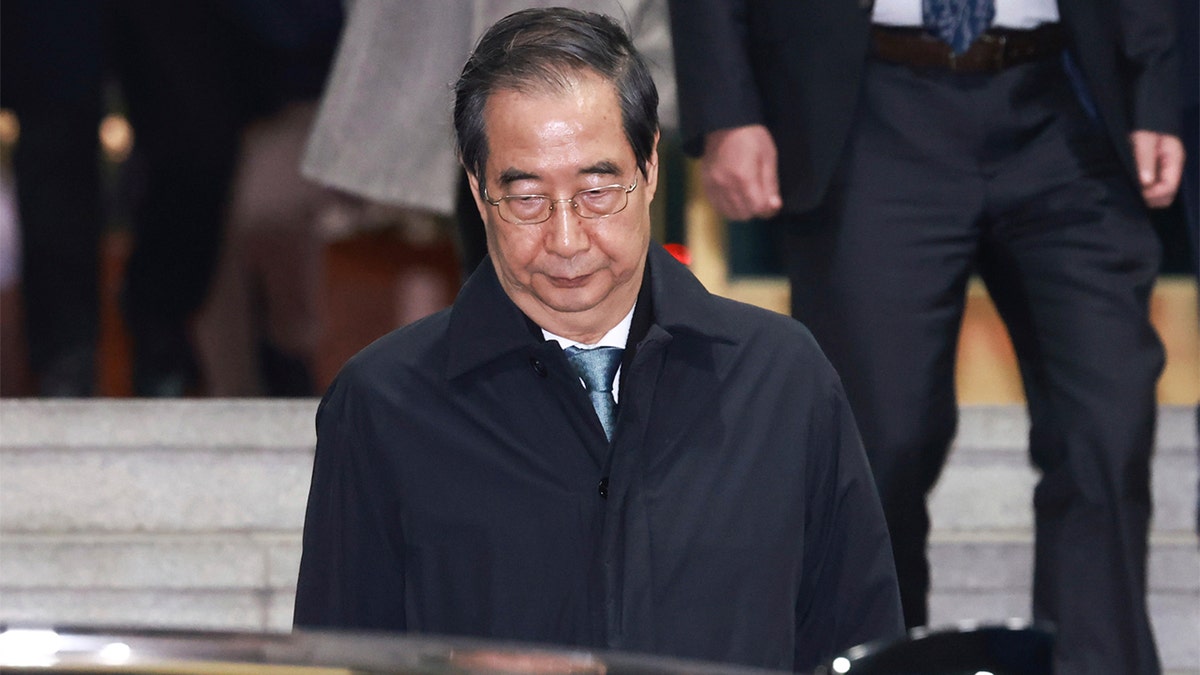Congressional testimony from two IRS whistleblowers, Gary Shapley and Joseph Ziegler, has shed light on alleged interference within the Justice Department regarding the Hunter Biden investigation. During a House Oversight Committee hearing, the agents detailed how the investigation was allegedly hampered, despite their efforts to uncover potential wrongdoing by the president's son and family members related to financial dealings with foreign entities.

Shapley and Ziegler, both highly experienced tax investigators with extensive backgrounds in complex financial cases, asserted that they were directed by superiors to avoid pursuing certain investigative avenues. Their testimony highlighted the specialized nature of tax law enforcement, emphasizing their deep understanding of the intricate tax code and financial practices. This expertise, they argued, allowed them to effectively navigate the complexities of the case, despite facing obstacles.
The whistleblowers' testimony also addressed the role of Delaware U.S. Attorney David Weiss. They claimed Weiss expressed his inability to bring certain charges due to limitations on his authority, contradicting Attorney General Merrick Garland's public statements about Weiss's independence in the investigation. This discrepancy raises questions about the extent of Weiss's autonomy and whether political considerations influenced the course of the investigation.

The hearing also featured exchanges between the whistleblowers and Democratic Representative Jamie Raskin, who questioned the significance of disagreements between prosecutors and agents on charging decisions. Shapley countered by emphasizing that, in this case, both the agents and line prosecutors agreed on pursuing charges, but were overruled by higher-ups within the Justice Department.

The testimony has raised concerns about potential political interference in the Hunter Biden investigation, prompting calls for further investigation into the Justice Department's handling of the case and the alleged discrepancies between public statements and the whistleblowers' accounts. The conflicting narratives underscore the importance of transparency and accountability in such investigations, particularly when they involve politically sensitive figures.








